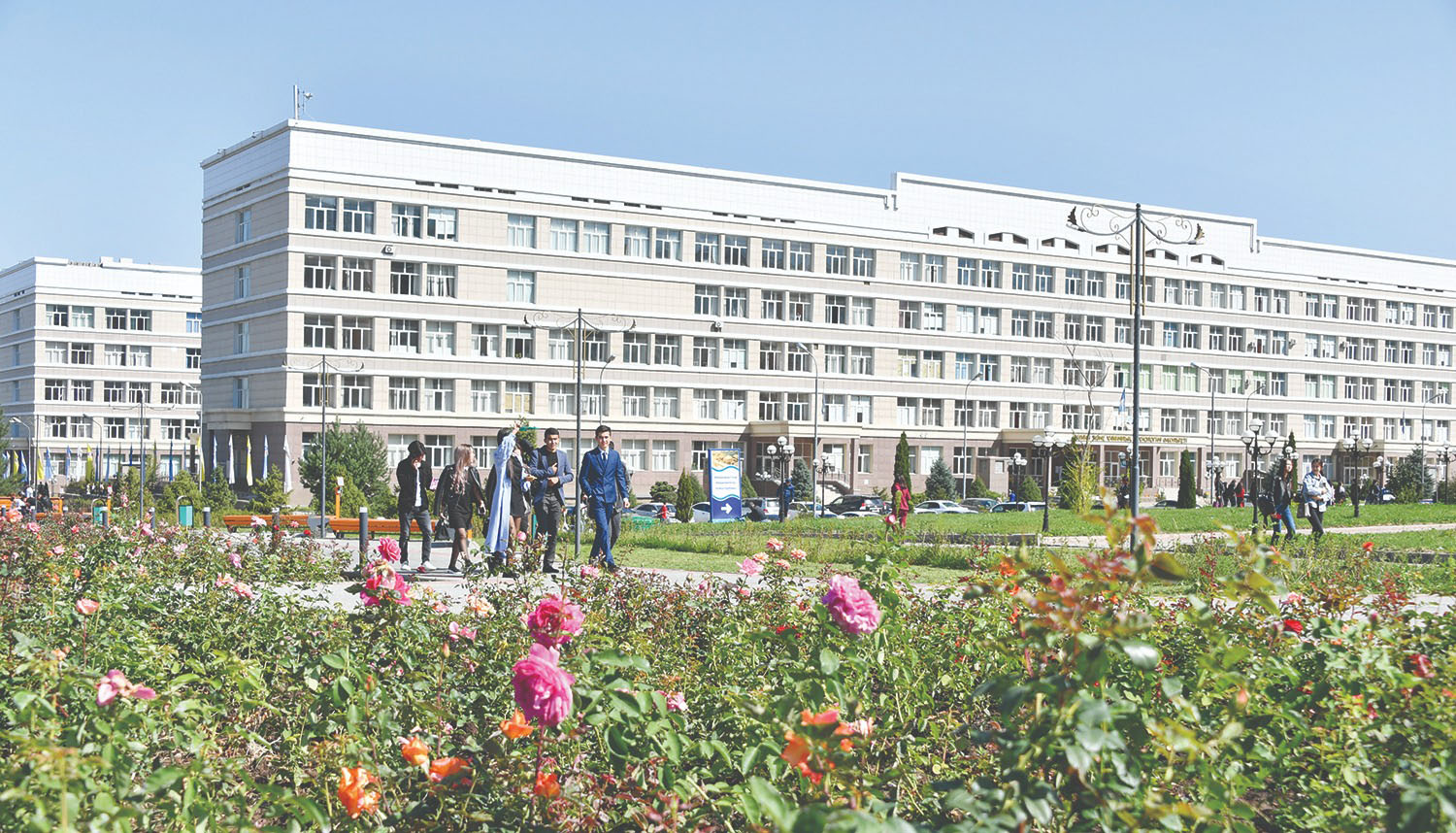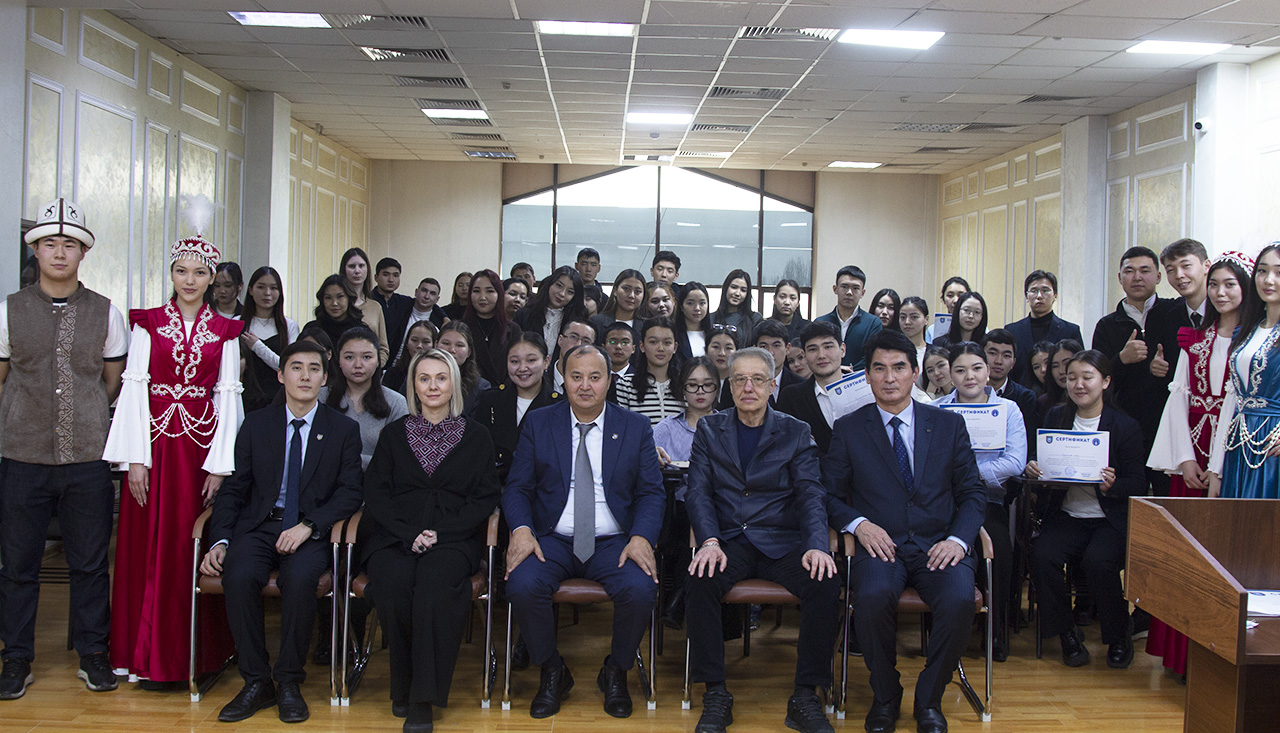Global Challenges of the 21st Century, Modern Education

A rapidly changing environment requires a fundamentally new attitude to everything that surrounds us. Urbanization, digitalization, globalization, lead to an unprecedented surge of the unknown, which we inevitably face. Large-scale production activities, it is correct to say irrational nature management has led to an increase in the negative impact of man on nature as his habitat, and this in turn jeopardized his life and health, the interests of present and future generations of people. At present, the scale of impact on nature has begun to exceed its restorative potential. As a result, the natural environment is irreversibly and dangerously changing.
The volume of pollutants in air and water, soil is continuously increasing so that it is quite justified to speak about ecological crisis, which can develop into ecological catastrophe. Pollution of the natural environment is expressed in increasing smog, dead lakes, water that cannot be drunk, deadly radiation and extinction of biological species. The uncontrolled consumption of natural resources to grow the economy has failed to provide widespread solutions to social and economic problems, and the ensuing environmental crisis has been exacerbated by the socio-economic crisis.
It was the development of sustainable development strategies that contributed to the creation of new approaches in environmental policy at the global level. In 2015, the UN Commission developed a document to ensure the implementation of 17 Sustainable Development Goals, in which information, knowledge, and education play a major role. In particular, SDG 13 "Take urgent action to combat climate change and its impacts" includes addressing a target such as: "Improve education, information dissemination, and the capacity of people and institutions to mitigate, adapt to, and provide early warning of the impacts of climate change."
Modern society is moving from an industrial to an information society, where information and knowledge are becoming the key resources. The qualitative transformation of society inevitably leads to the same change in education. It is the educational system that is able to solve the main problems of the society of the XXI century. As is known, education is one of the three main subjective factors of the human development rating. Kazakhstan, as an independent, sovereign state, in the context of new challenges of a complex and dynamically developing world, to be competitive must have all the priorities of ensuring high quality education and science.
The young generation is the locomotive of the future of the Republic of Kazakhstan. In his message, the head of state Tokayev K.K. emphasized that knowledge and professional skills are the key reference points of the modern system of education, training and retraining, we in the near future should build the most pragmatic strategy for the transfer of technology necessary for the country. The President of Kazakhstan spoke about new measures to improve the quality of higher and secondary education. As the quality of domestic universities will increase, the cost of education in them will also increase. Therefore, the state plans to allocate educational grants, which depending on the results of UNT and other indicators will be differentiated in size - from 30 to 100%.
The modern stage of modernization of Kazakhstan's system of education and science should be practice-oriented, aimed at the availability of quality education for everyone, the opportunity to obtain new professional skills in college and university, the development of research and creative competencies.
And this means that constant learning is not a luxury or an expensive whim today, but a real necessity for everyone. Even the ancient Greek historian Plutarch said that the mind is not a vessel filled with knowledge, but a torch that needs to be lit. The main task of education is more and more focused on imparting skills of continuous self-development and adaptation to changes, in these conditions for teachers of Al-Farabi KazNU it becomes more important to teach to learn constantly. It should be noted that Al-Farabi KazNU is the flagship of education not only in Kazakhstan, but also has a high international rating.
Modern education is personality-oriented. Experts predict that in the near future on-demand education will be more and more in demand. This means that it will be possible to choose the start date of education independently and move at one's own pace, which will make the process of education more convenient and accessible to people with different schedules. It is the formation of social responsibility, moral culture, humanistic outlook, readiness to constantly learn that we, teachers, put at the center of our work.
Kalkash ABUBAKIROVA,
Doctor of Agricultural Sciences, Professor
